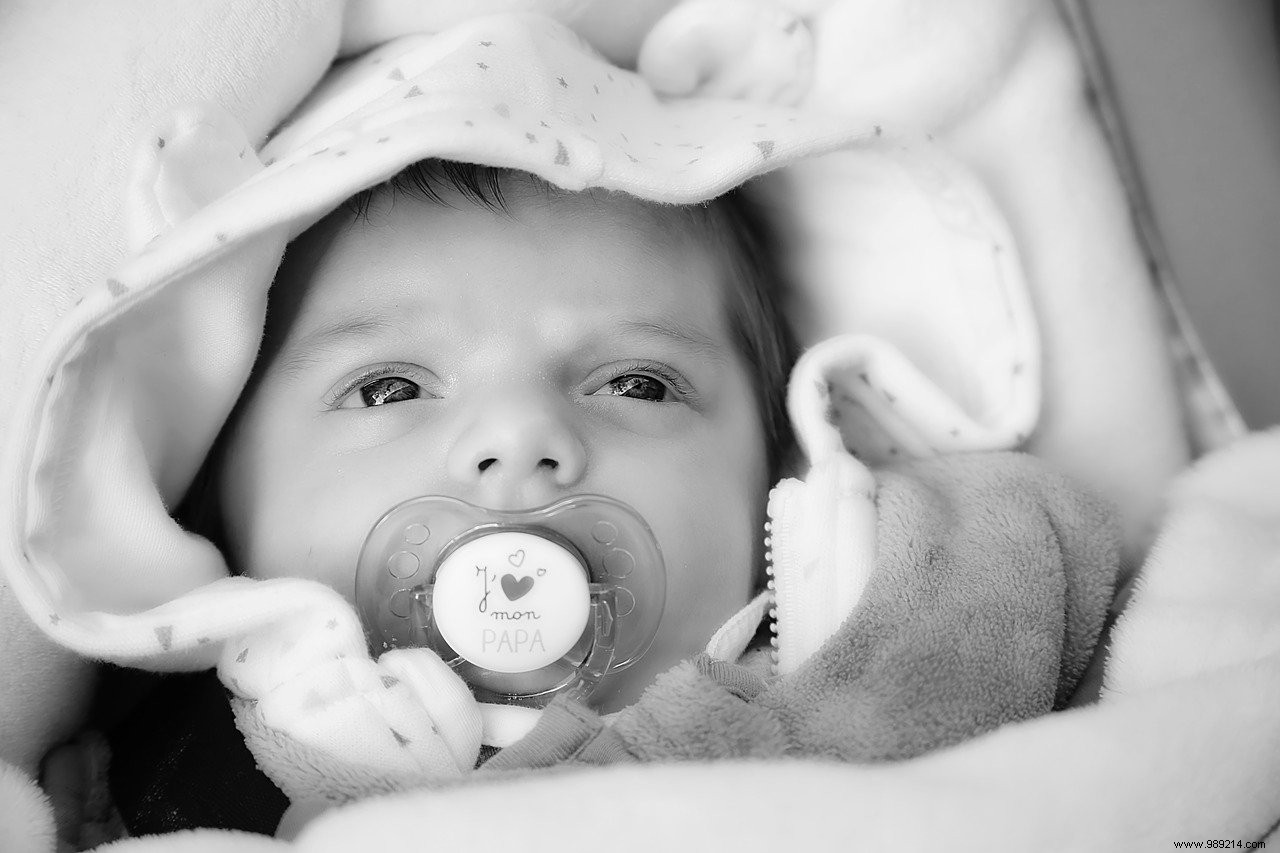The World Health Organization (WHO) calls for the development of a vaccine against group B streptococcus. This bacterium is believed to be involved in the death of approximately 150,000 babies every year. This is more than previous estimates.
Group B streptococcus (GBS) is a type of bacteria that causes serious infections in newborn babies. On average, 15% of pregnant women carry the pathogen in their vagina. The latter can then be transmitted to babies during pregnancy, childbirth or in the first weeks of life. Maternal GBS rates are highest in sub-Saharan Africa (nearly half of the global burden).
There are two distinct forms:early disease and late disease . Those affected by the former show signs of lethargy, irritability, low blood pressure, pneumonia, sepsis (blood infection), and abnormal temperature, heart rate, or breathing. Those affected by the second appear healthy at first glance, but quickly develop symptoms after a week of life (fever, difficulty eating, lethargy or irritability and respiratory problems in particular).
These symptoms can worsen to the point of endangering the lives of infants. Note that adults are also affected, but the vital prognosis is rarely involved.
In 2017, a published report suggested that group B strep caused nearly 100,000 newborn deaths and nearly 50,000 stillbirths each year. At the time, researchers pointed to several data gaps, suggesting that the actual numbers could be higher. A new study confirms these suspicions.
According to this report published on November 2 by the WHO, group B streptococcus is actually responsible for the death of at least 150,000 newborn babies. born . The report also highlights almost as many stillbirths per year as previously estimated (about 46,000). Also, these are 'low' estimates. In other words, it is possible that these numbers are even higher than expected.
“This new research shows that group B streptococcus is a major and underappreciated threat to the survival and well-being of newborns, leading to devastating effects for so many families around the world “, writes the Organization in a press release.

At the moment, cases diagnosed in babies and parents are treated with antibiotics. However, the risk is still high. Also, and in view of these new findings, WHO calls for the “urgent development of a maternal GBS vaccine that would have significant benefits in countries around the world “.
Researchers estimate that more than 50,000 GBS-related deaths (as well as more than 170,000 premature baby births) could be prevented each year if 70% of pregnant women could benefit from an effective vaccine. Several serums are being developed or tested. A hexavalent vaccine, for example, is soon entering phase III trials in humans. A few, including an mRNA vaccine, are also in preclinical trials.